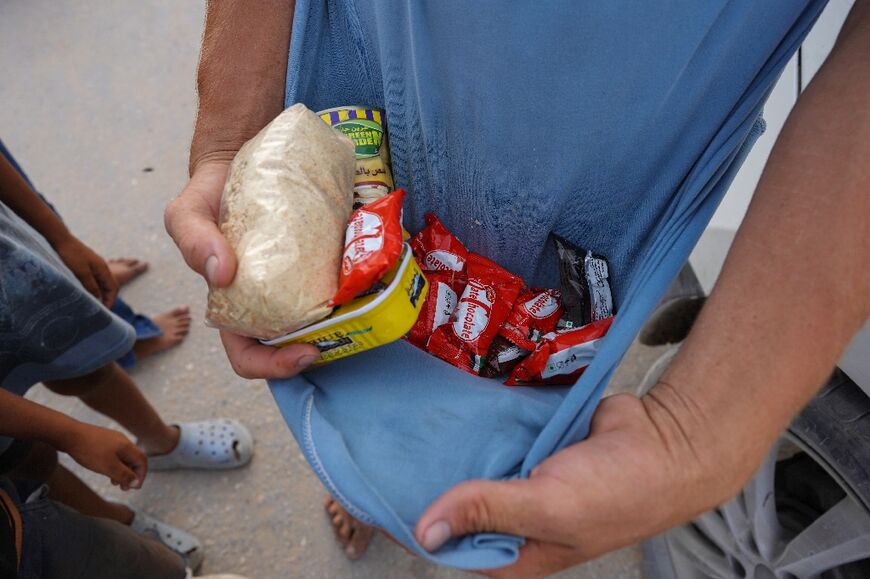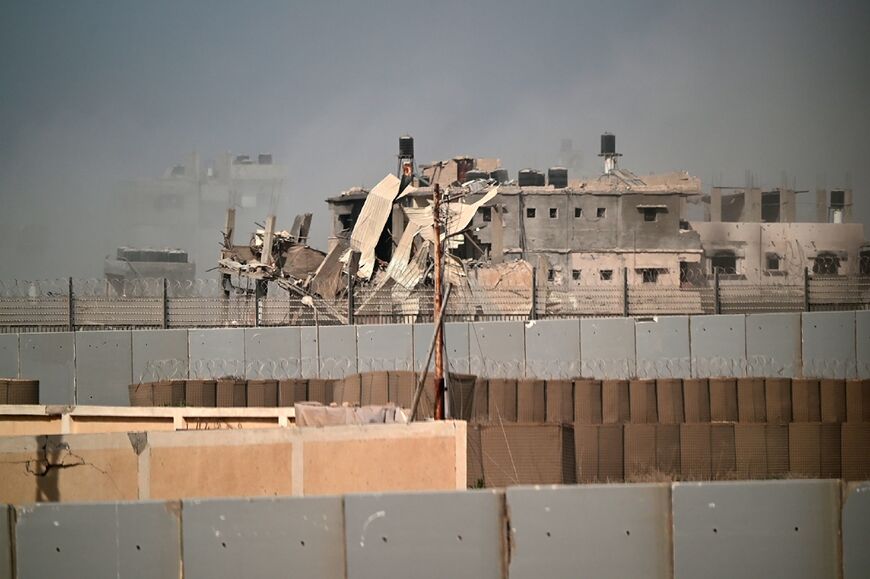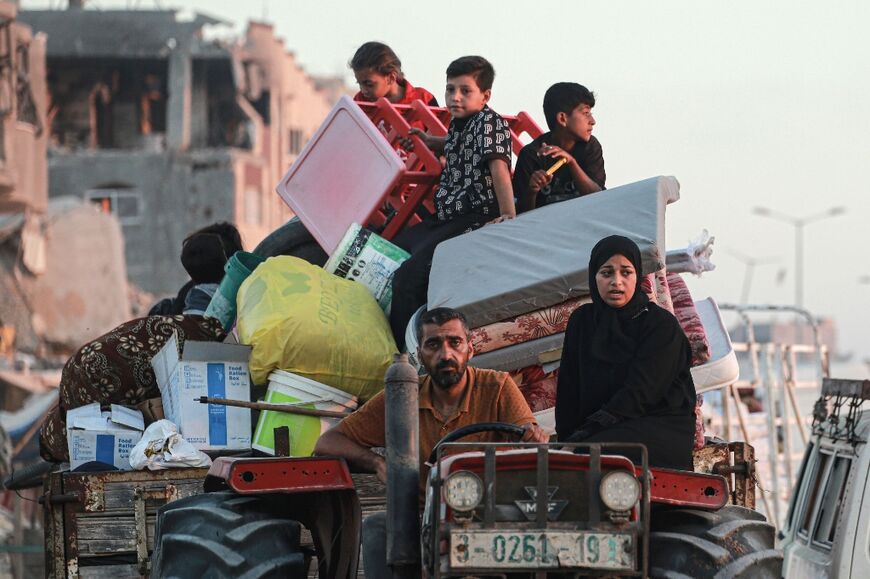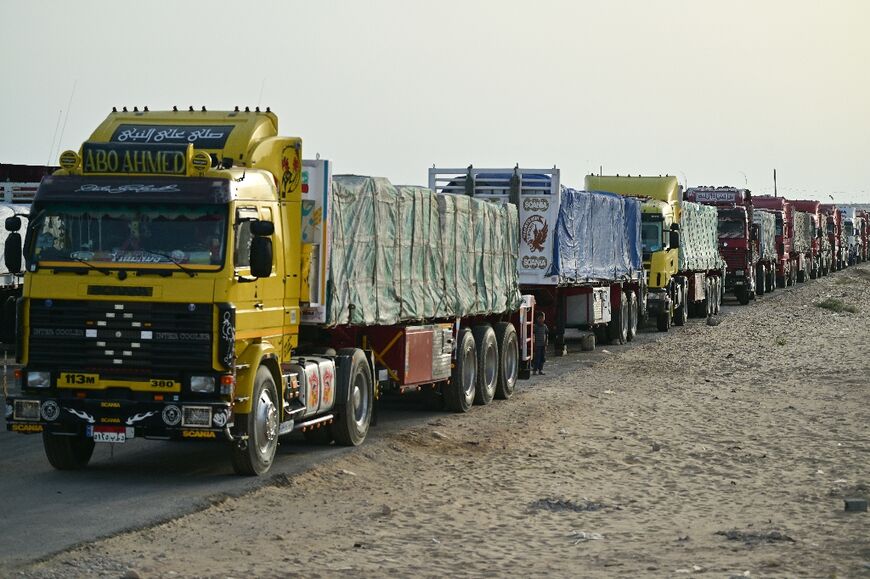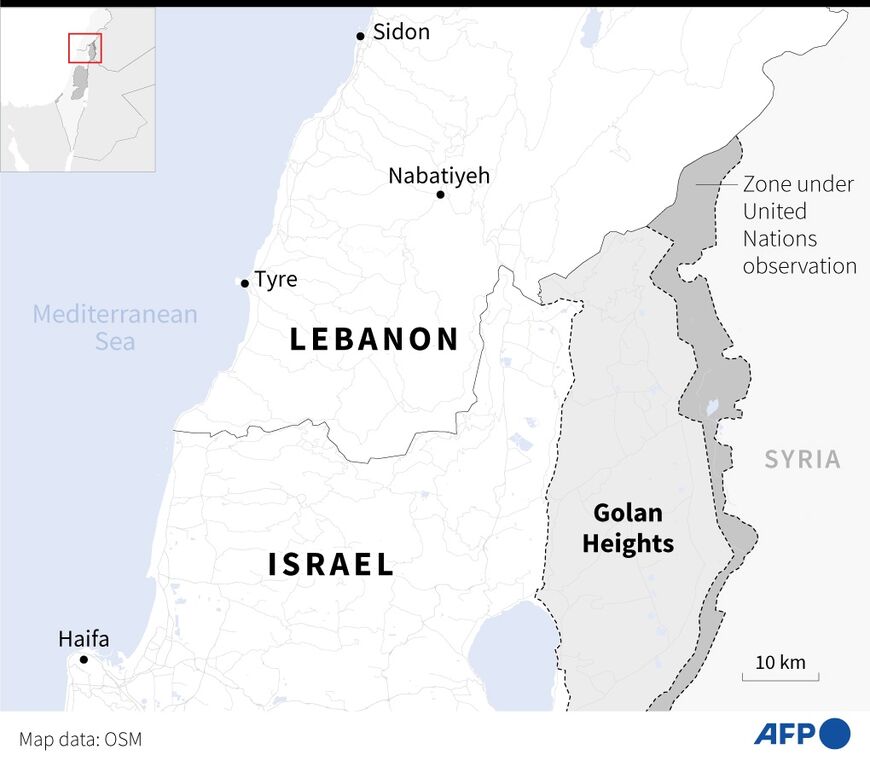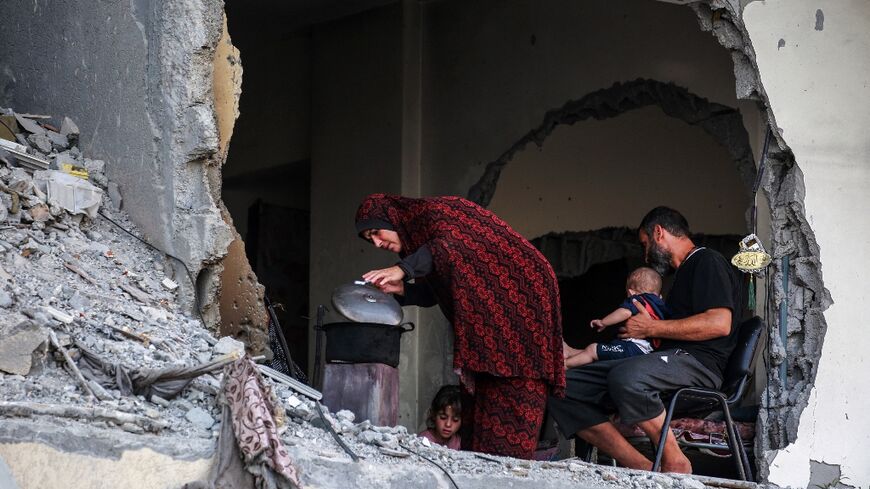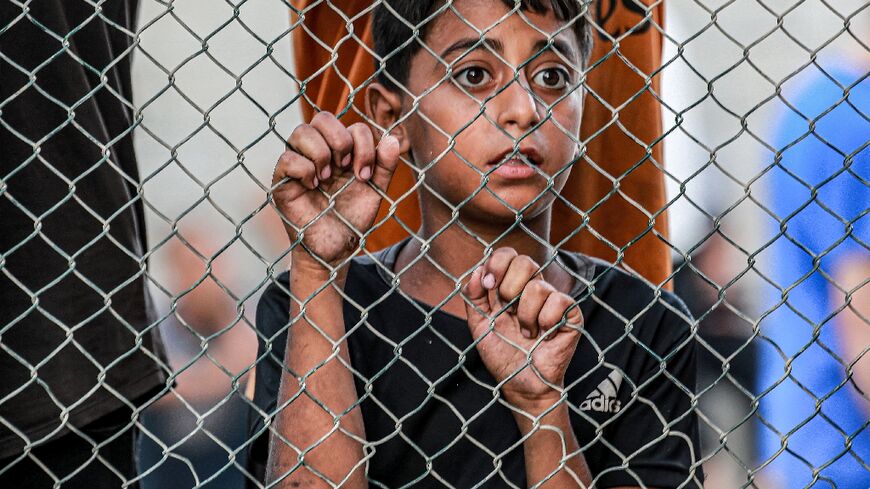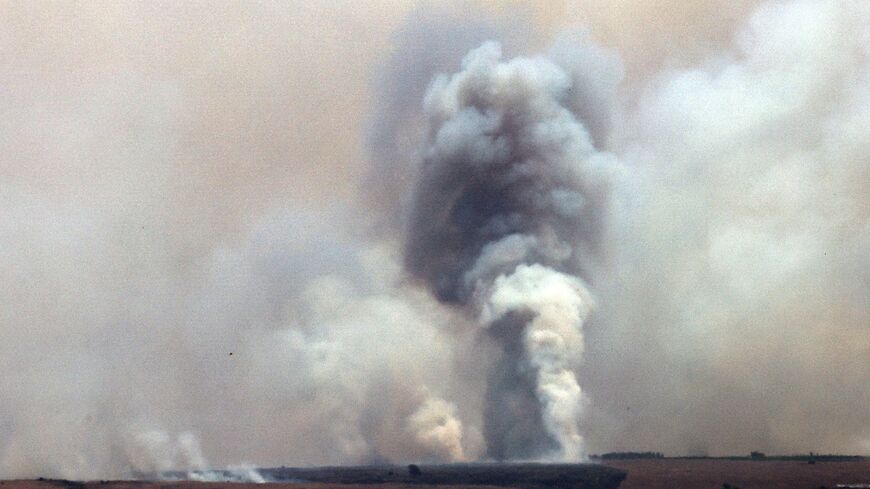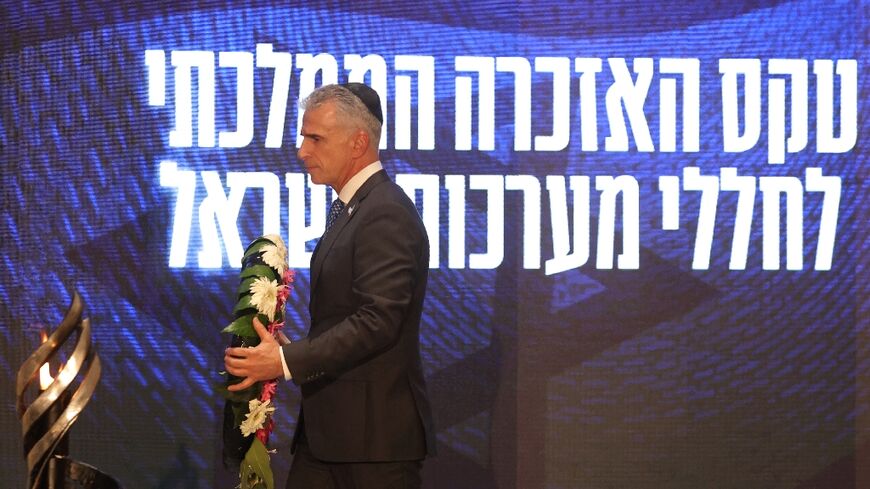Israel says negotiators to hold fresh Gaza truce talks next week

Israel said Friday that "gaps" remained with Hamas on how to secure a Gaza ceasefire and hostage release but that it will send a delegation for fresh talks with Qatari mediators next week.
The statement from Prime Minister Benjamin Netanyahu's spokesman came after a delegation led by the head of Israel's Mossad intelligence agency, David Barnea, held a first round of talks with mediators in Doha on Friday.
"It was agreed that next week Israeli negotiators will travel to Doha to continue the talks. There are still gaps between the parties," the spokesman said in a statement.
There has been no truce in the nine-month-old war in Gaza since a one-week pause in November saw 80 Israeli hostages freed in return for 240 Palestinians held in Israeli prisons.
The United States, which has worked alongside Qatar and Egypt in trying to broker a deal, had talked up the significance of Netanyahu's decision to send a delegation to Qatar.
The United States believes Israel and Hamas have a "pretty significant opening" to reach an agreement, a senior official said.
The Gaza war -- which has raised fears of a broader conflagration involving Lebanon -- began with Hamas's October 7 attack on southern Israel that resulted in the deaths of 1,195 people, mostly civilians, according to an AFP tally based on Israeli figures.
The militants also seized hostages, 116 of whom remain in Gaza including 42 the military says are dead.
In response, Israel has carried out a military offensive that has killed at least 38,011 people in Gaza, also mostly civilians, according to the health ministry in the Hamas-ruled territory.
- 'Ball in Israel's court' -
US President Joe Biden announced a pathway to a truce deal in May that he said had been proposed by Israel. It included an initial six-week truce, Israeli withdrawal from Gaza population centres and the freeing of hostages by Palestinian militants.
Talks subsequently stalled but the US official said on Thursday that the new proposal from Hamas "moves the process forward and may provide the basis for closing the deal," though "significant work" remained.
Senior Hamas official Osama Hamdan told AFP that new ideas from the group had been "conveyed by the mediators to the American side, which welcomed them and passed them on to the Israeli side. Now the ball is in the Israeli court."
Hamdan blamed Israel for the deadlock since Biden's announcement and said the Doha talks "will be a test for the US administration to see if it is willing to pressure the Zionist entity to accept these proposed ideas".
The war has uprooted 90 percent of Gaza's population, destroyed much of the territory's housing and other infrastructure, and left almost 500,000 people enduring "catastrophic" hunger, UN agencies say.
The main stumbling block to a truce deal has been Hamas's demand for a permanent end to the fighting, which Netanyahu and his far-right coalition partners strongly reject.
The Israeli premier will probably meet with Biden during a scheduled visit to Washington to address Congress on July 24, the White House said.
Netanyhu has faced a well-organised protest movement in Israel demanding a deal to free the hostages, which took to the streets again on Thursday evening.
The veteran hawk demands the release of the hostages but also insists the war will not end until Israel has destroyed Hamas's ability to make war or govern.
The head of the World Health Organisation warned that "further disruption to health services is imminent in Gaza due to a severe lack of fuel".
Only 90,000 litres (20,000 gallons) of fuel entered Gaza on Wednesday, but the health sector alone needs 80,000 litres each day.
The WHO and its partners in Gaza were having "to make impossible choices" as a result, said Tedros Adhanom Ghebreyesus.
- Hamas-Hezbollah talks -
US officials, including Secretary of State Antony Blinken, have voiced hope that a ceasefire in Gaza could lead to an easing of violence on the Israel-Lebanon border as well.
Since the war began, Lebanon's Iran-backed Hezbollah movement has exchanged near-daily cross-border fire with the Israeli army in support of its Palestinian ally.
The exchanges have intensified over the past month after Israel killed senior Hezbollah commanders in targeted air strikes.
Hezbollah said it fired more than 200 rockets and "explosive drones" at army positions in northern Israel and the Israeli-annexed Golan Heights in its latest round of reprisals on Thursday.
A military source said the rocket fire killed a soldier in northern Israel.
Hamas said Friday that its foreign relations chief Khalil al-Hayya had met Hezbollah leader Hassan Nasrallah to coordinate their "resistance efforts" and the upcoming truce negotiations.
burs-it-kir/
